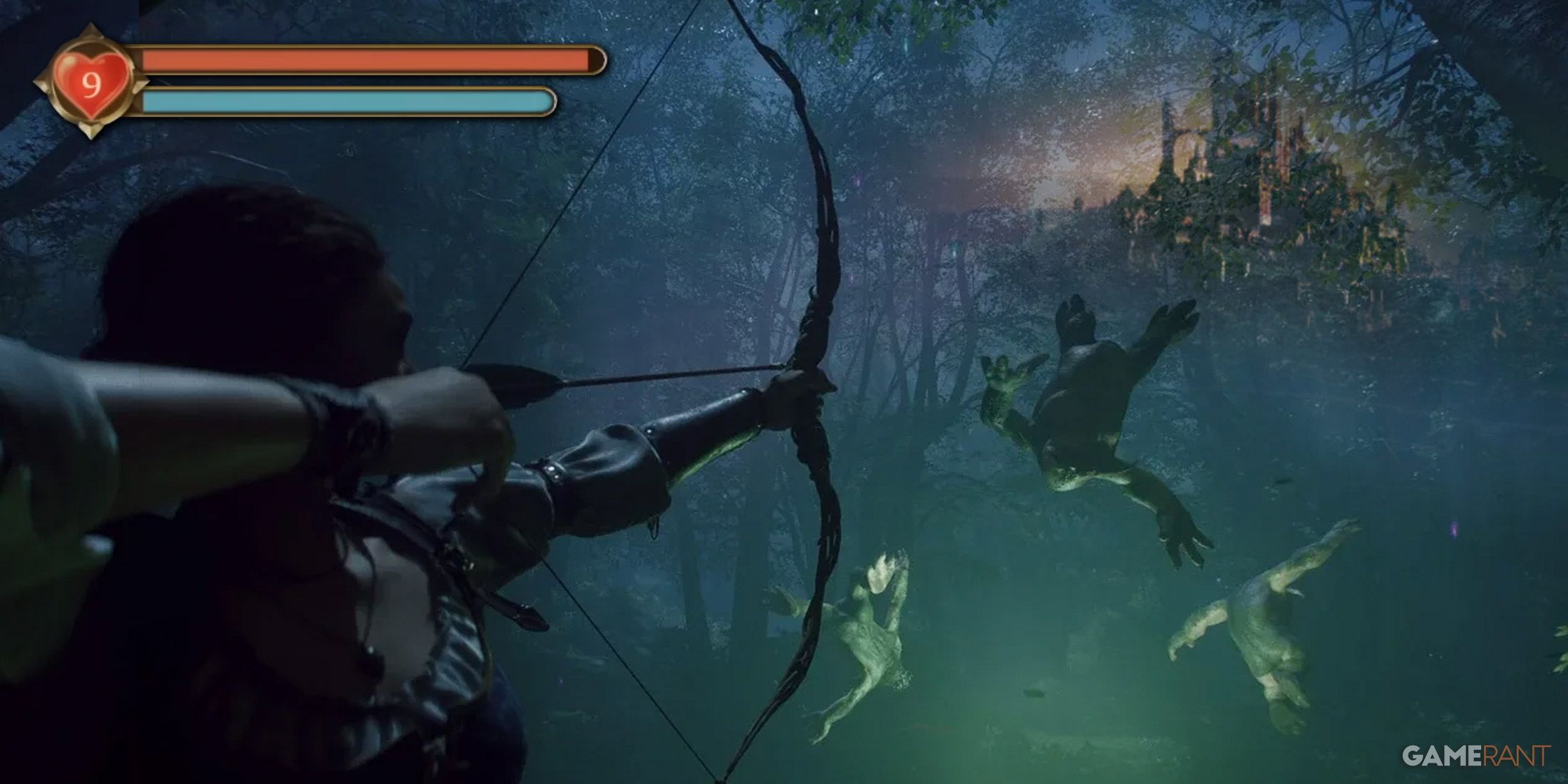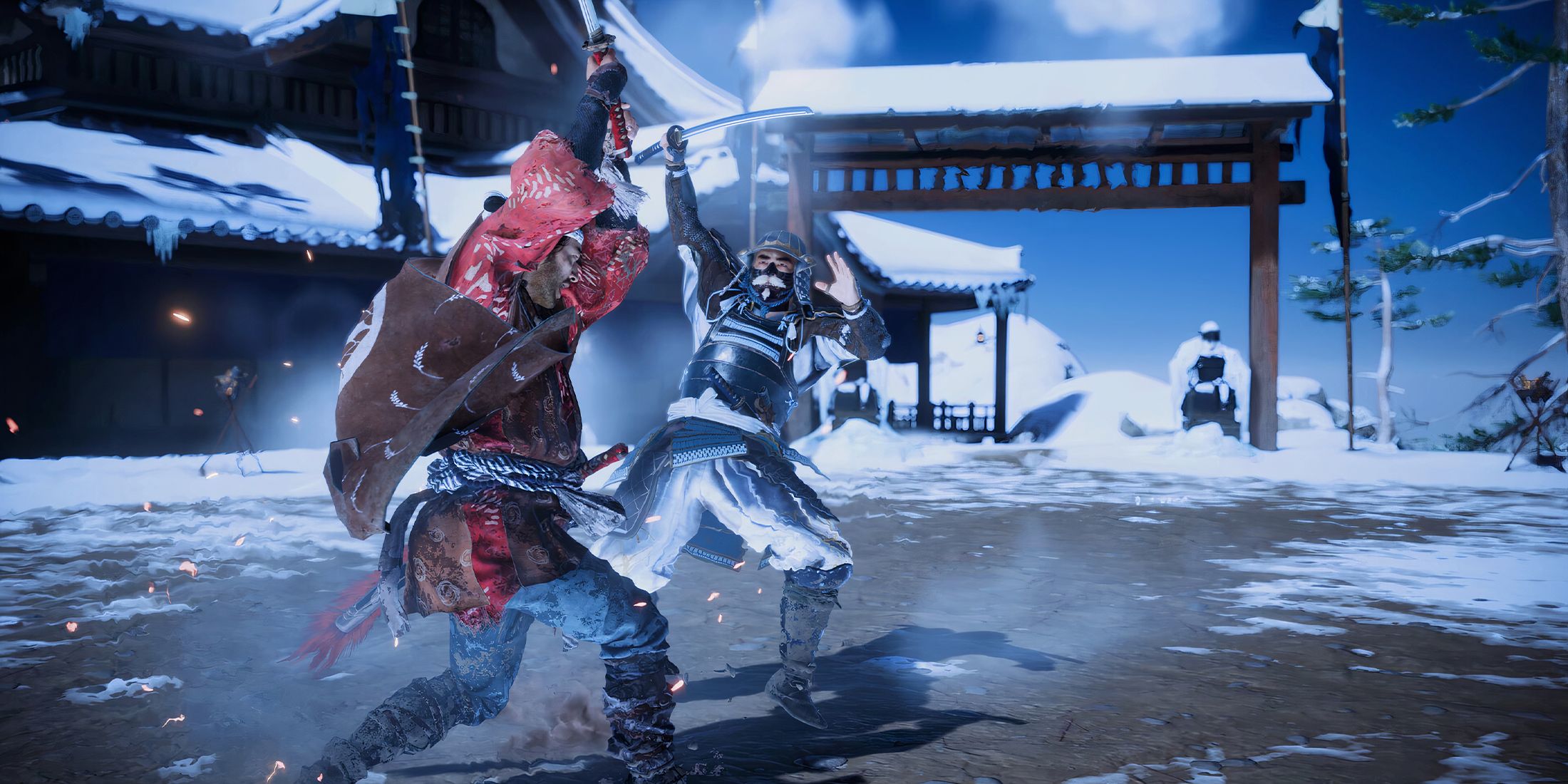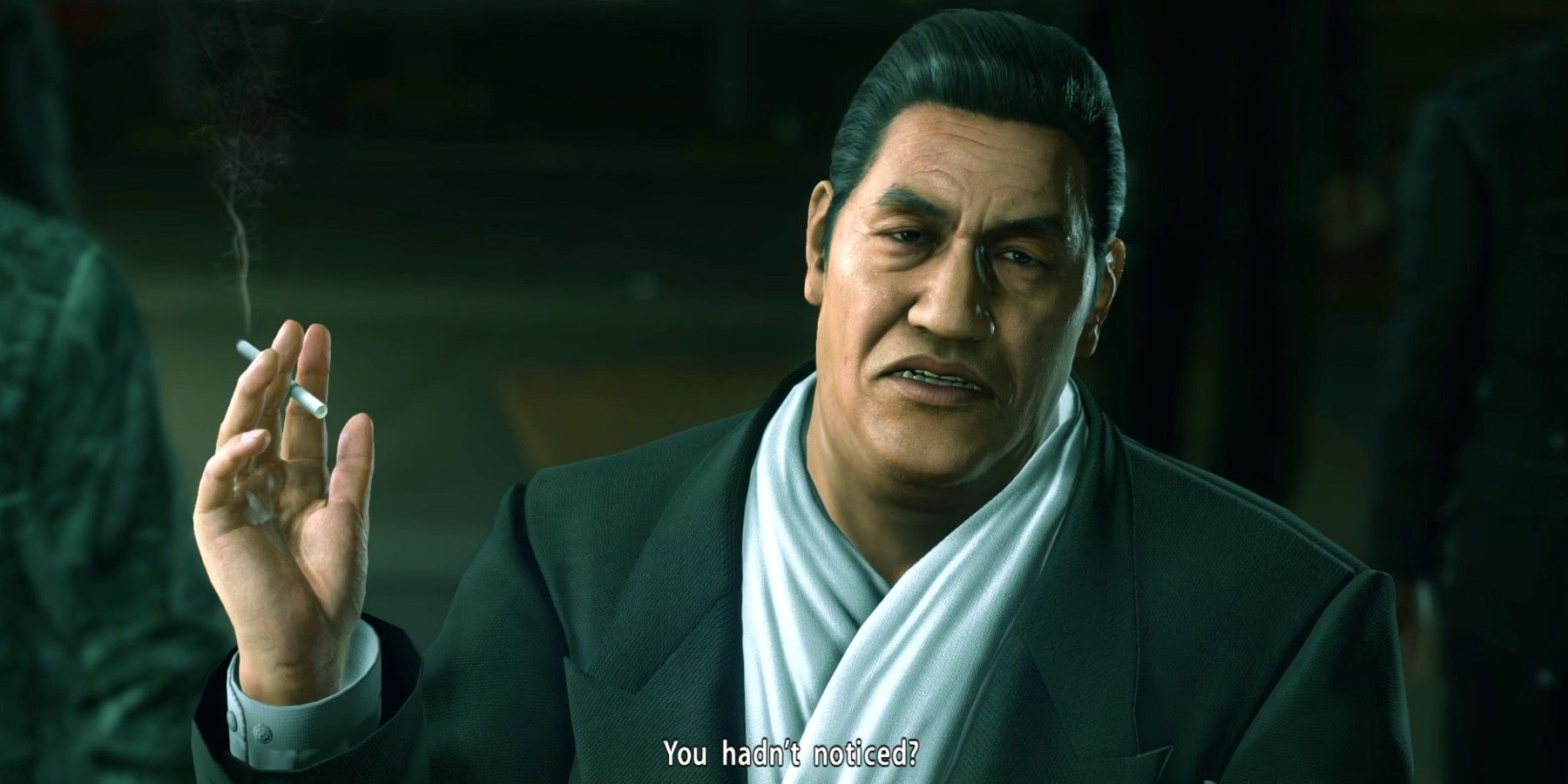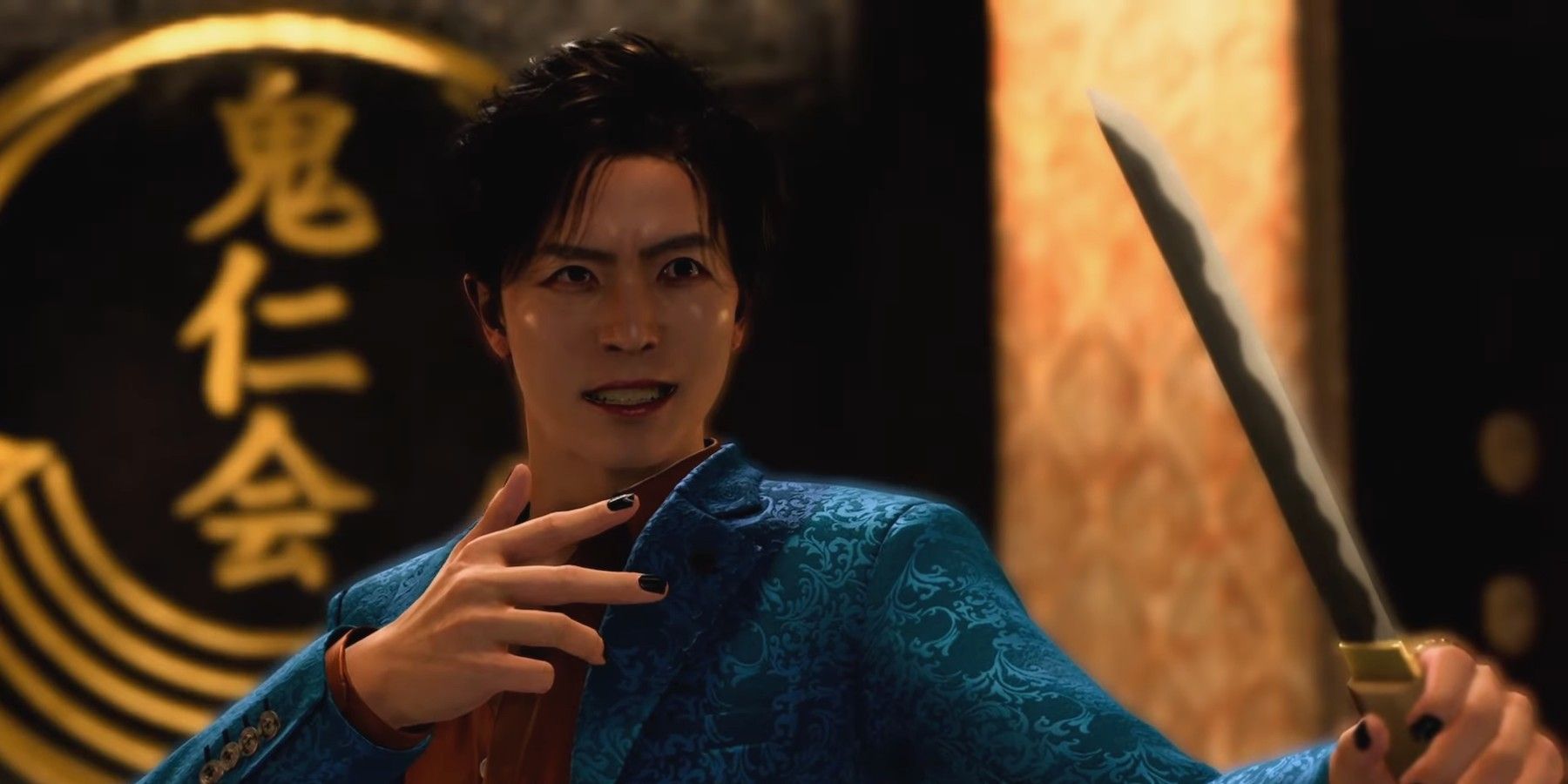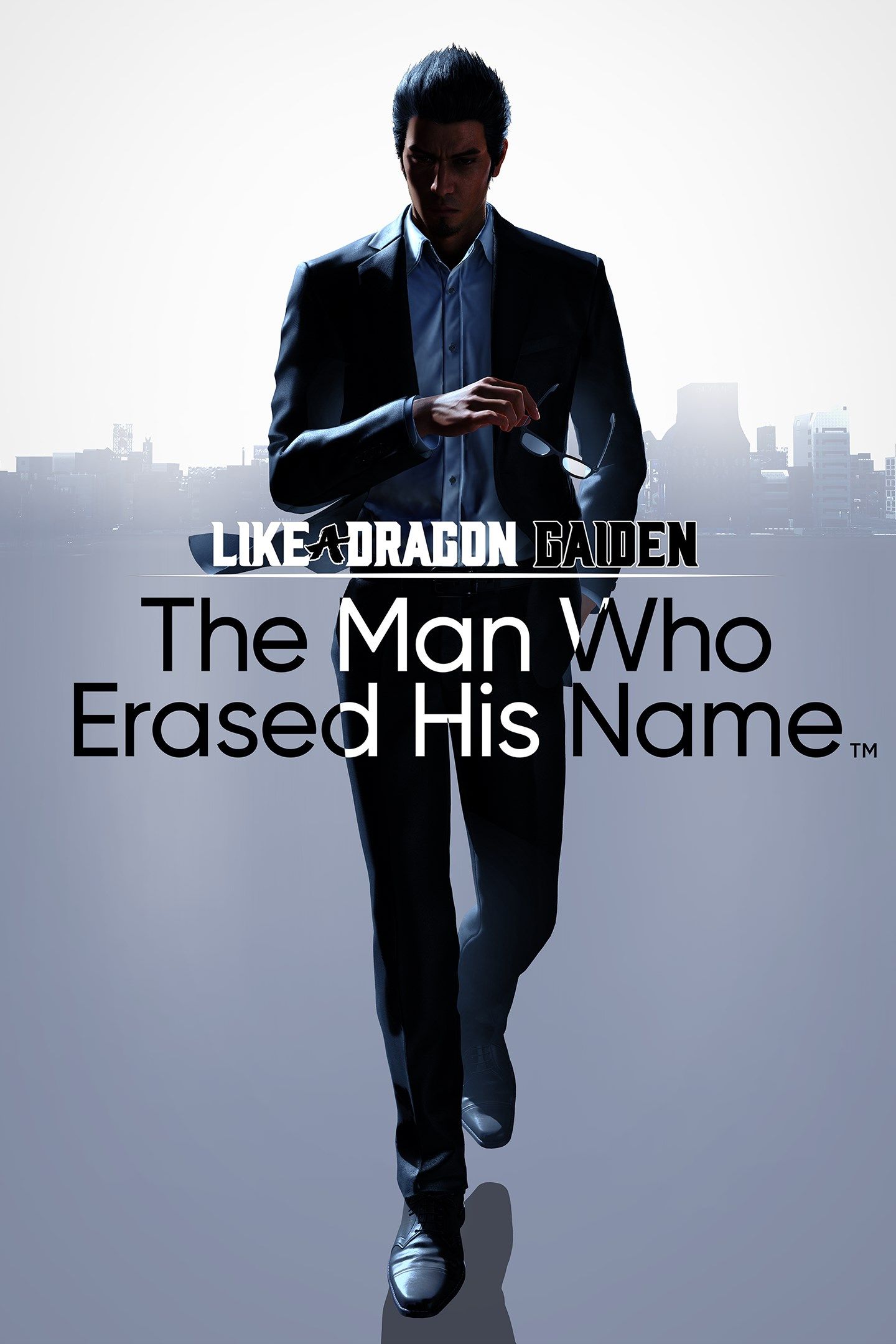Highlights
- Like a Dragon Gaiden continues the series' disappointing handling of race, using it as a secret or proof of deception.
- The repeated use of race as a twist or motivation for betrayal in the Like a Dragon games highlights the franchise's habit of falling into anti-Asian racism.
- Bringing up Nishitani's race in Gaiden serves no purpose other than to paint him as deceptive and untrustworthy, perpetuating harmful tropes.
Like a Dragon Gaiden: The Man Who Erased His Name is the latest spin-off entry in the Like a Dragon series, formerly known as the Yakuza franchise. Gaiden is an interquel, following Kiryu Kazuma's perspective following the events of the sixth game and throughout the seventh, in which he was not the protagonist. While Like a Dragon's rebrand in the West makes sense for a myriad of reasons, the most apparent being that it brings the naming convention to parity with the original Japanese, there are some faults that the franchise has held onto through this soft reboot. Unfortunately, Like a Dragon Gaiden continues the series' disappointing handling of race.
Like a Dragon has, since its earliest entries, tried to tell enthralling crime stories on a large scale. A big part of the series' success has been rooted in its embracing of narrative density. Following a Yakuza game often means understanding multiple crime families' structures and political inner workings. While Like a Dragon: Infinite Wealth will be the first game in the series to leave Japan, many past entries have delved into international affairs. The game's fictional Korean mob, the Jingweon Mafia, has long been a part of the franchise and has often played a big role in its stories. While the intermingling of Japanese and Korean crime organizations is true to life, Like a Dragon often uses race to villainize.
Like a Dragon Gaiden Brings Back One of the Series' Worst Tropes
Much ink has been spilled about the importance that Korean immigrants have held in real-world yakuza organizations. Like a Dragon's problem with race doesn't come down to its inclusion of Korean people in crime families, but rather, race is repeatedly used as a secret or as proof of one's deception or deceptive nature. Yakuza 2 and its remake Yakuza Kiwami 2 best embody this problem. During the game's final sequence, Yukio Terada, reveals that he has secretly been Korean the whole time, and that it is one of his motivations for betraying the Tojo clan.
Focusing on Terada's Race Added Nothing to Yakuza 2
The twist that Terada is Korean would be dubious at best in isolation, but this reveal is one in a long series. Multiple times during Yakuza 2's story, people are revealed to be Korean secretly. Furthermore, this reveal is intended to make the player think less of Terada. He fakes his death at the start of the game and then engages in a bombing campaign for revenge. The reveal of his race is meant to make sense of his actions, but instead, it highlights the game's anti-Asian racism, a problem held across other parts of the gaming sphere as well. Revealing the identity of Terada's father as a Christmas Massacre victim could still have justified his actions as a villain without the game making it about his race.
Like a Dragon Gaiden Repeats Yakuza 2's Mistakes
In Gaiden's penultimate act, Shishido and Kiryu drive to confront Nishitani. Shishido asks Kiryu if he has heard that Nishitani is Korean. He explains that he started in the Jingweon Mafia before, without revealing his race, rising up the ranks and becoming patriarch of the Kijin Clain. Shishido remarks that race doesn't matter, but that Kiryu's history with the Jingweon Mafia could explain Nishitani's anger.
If race truly doesn't matter, then there's no reason to bring it up here. The game had already provided enough reason for the conflict between Nishitani and Kiryu. Nishitani's race is only mentioned to paint him as deceptive and untrustworthy. Given that the Daidoji faction later takes him in, Nishitani is likely to return as a villain in later games as well, meaning the trope will likely return alongside him.
Nishitani's race is only mentioned to paint him as deceptive and untrustworthy.
Like a Dragon Gaiden's reprisal of the series' long-repeated secret Korean trope is deeply unfortunate. Like a Dragon has long painted Kiryu as a kind and compassionate man, so it's a shame to see the developers playing into harmful tropes that go against the spirit of the character. Like a Dragon: Infinite Wealth will be a dark game, especially for Kiryu, so souring an entry that is otherwise celebratory of Kiryu's time as the protagonist with one of the series' worst tropes is truly upsetting to consider.


